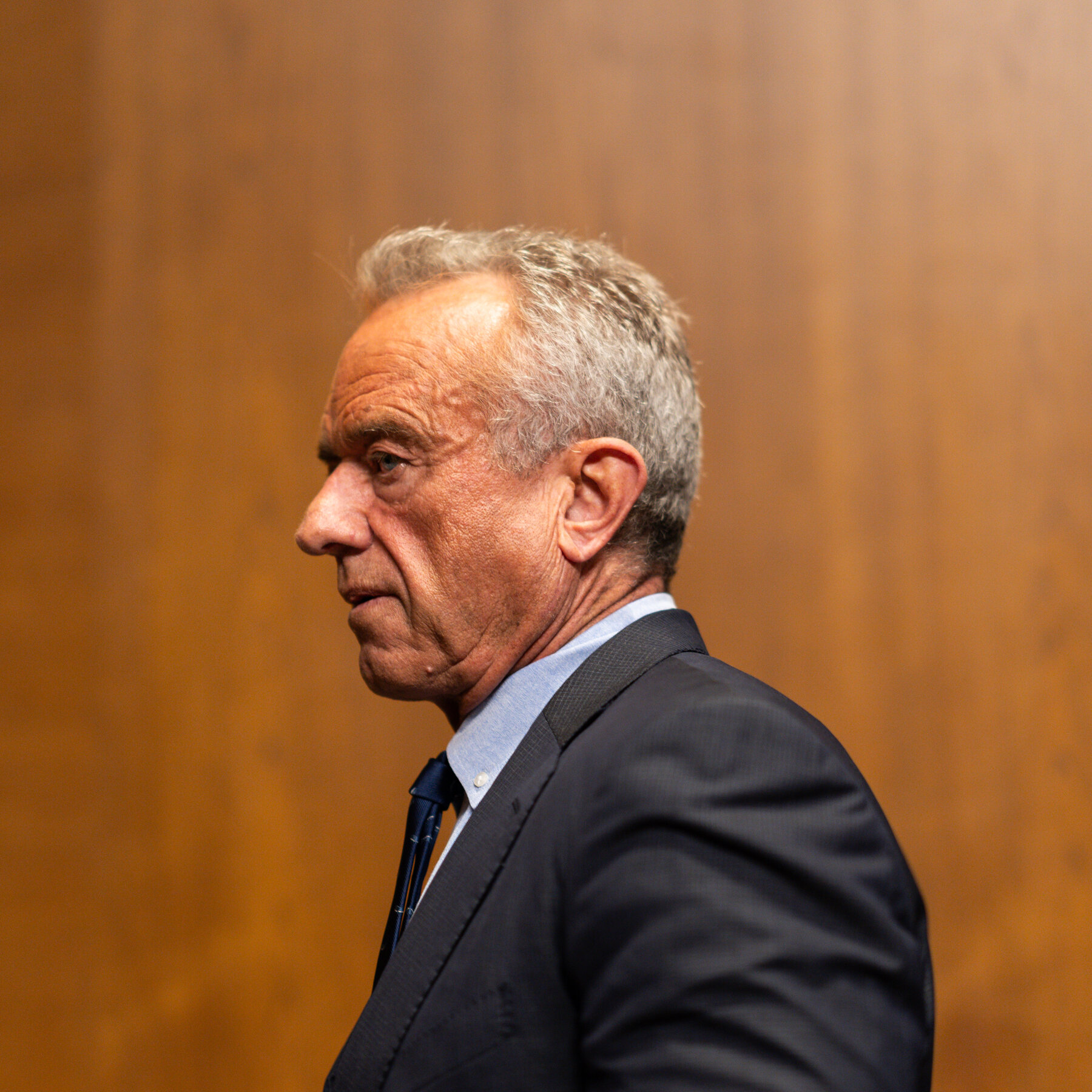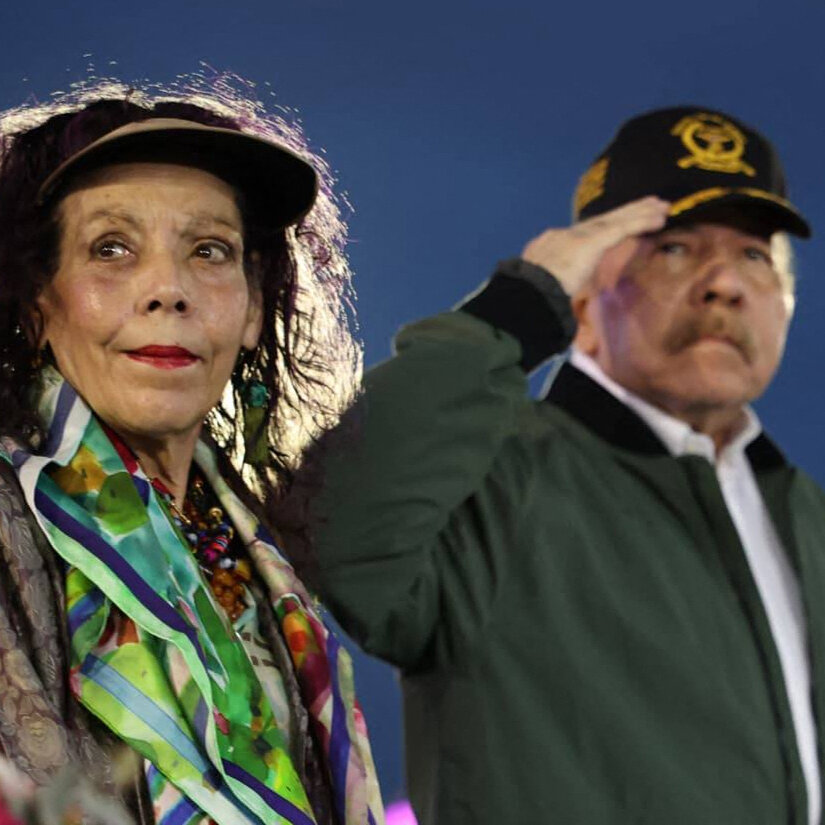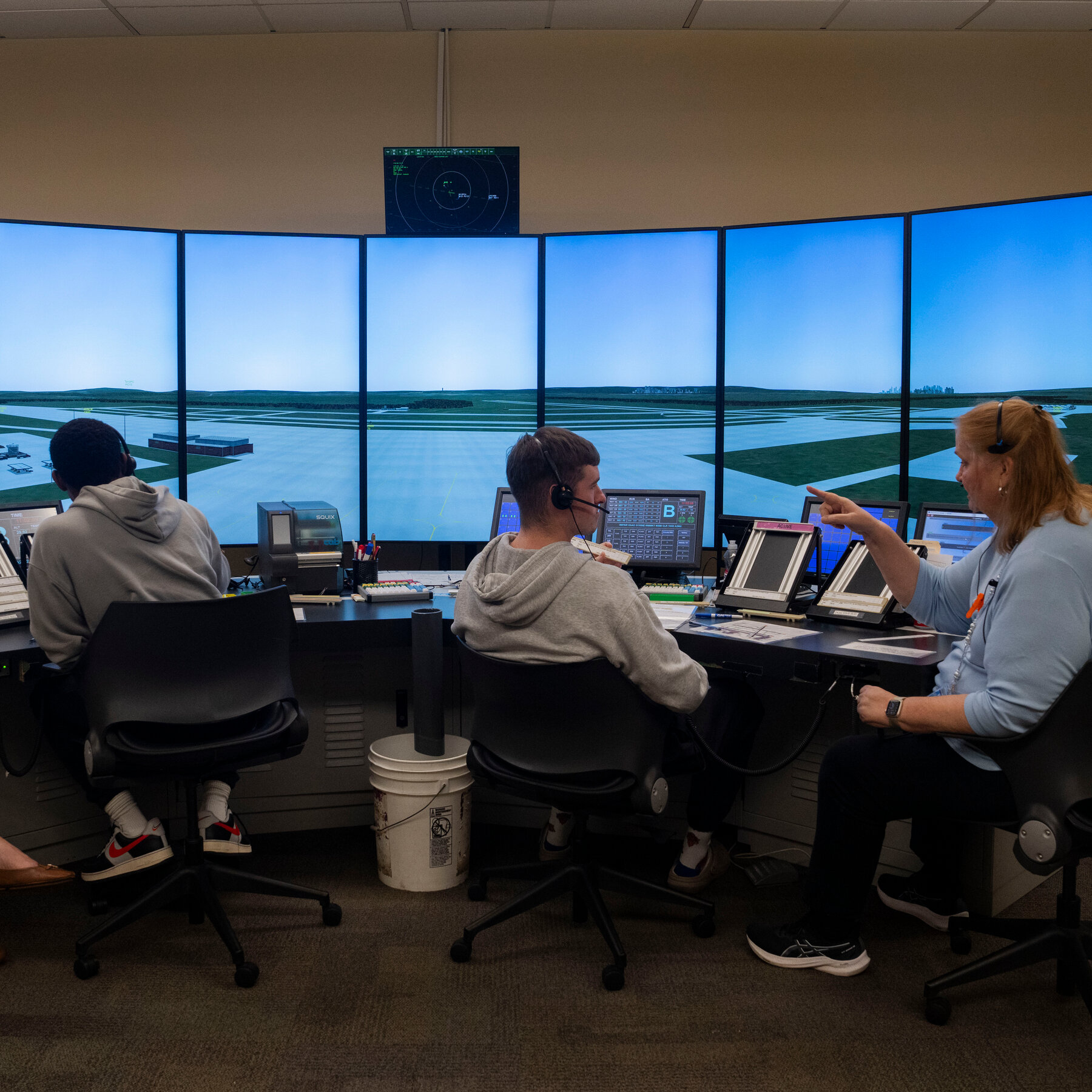Witkoff’s Dual Courtship: Father Pursues Mideast Peace, Son Seeks Mideast Funds

As Steve Witkoff, a well-known real estate developer and longtime supporter of President Trump, was actively engaged in promoting a Middle East peace plan, his son, Eric Witkoff, was simultaneously courting investors from the same region. In a move that raises questions about potential conflicts of interest, Eric Witkoff recently approached Gulf states, including Qatar, for investment in his own business ventures.
Qatar, in particular, has a history of investing in projects linked to the Witkoff family. This prior relationship could potentially create a perception of favoritism, especially given President Trump’s close ties to Steve Witkoff. The President has often praised Witkoff, a longtime donor to Republican causes and a prominent figure in New York City’s real estate scene.
The dual efforts by the Witkoff family members highlight the complex web of connections and interests at play in the realm of international diplomacy and finance. While Steve Witkoff’s peace plan aims to broker a resolution to longstanding conflicts in the Middle East, his son’s pursuit of investments from regional players may be seen as leveraging the family’s established relationships to secure business opportunities.
This development also underscores the blurred lines between personal and public interests, particularly when it comes to high-profile figures with close ties to the Trump administration. As the President’s son-in-law, Jared Kushner, has also been involved in promoting Middle East peace initiatives, the intersection of business, politics, and diplomacy in this context warrants close scrutiny.
The outreach by Eric Witkoff to Gulf state investors, including Qatar, adds a new layer of complexity to the ongoing debate about the Trump administration’s approach to the Middle East. While the younger Witkoff’s business dealings may be legitimate, the optics of such efforts, given his father’s connections to the President, are likely to raise eyebrows among observers and critics alike.






